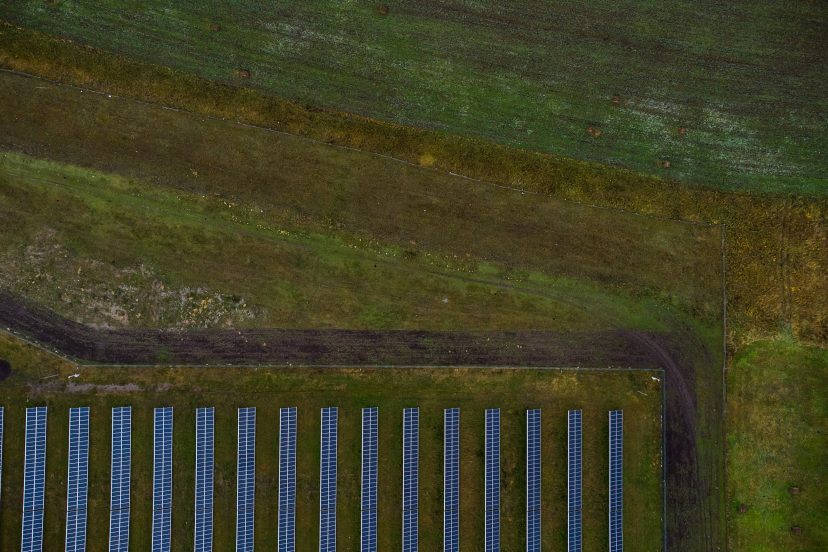How Do I Know If My Solar Panels Are Working
As an Amazon Associate, I earn from qualifying purchases, at no additional cost to you. Disclaimer
Have you ever wondered how to determine if your solar panels are functioning optimally? Well, fear not, because I have the answer for you. In this article, I’ll guide you through the various indicators that will help you determine whether or not your solar panels are working effectively. From monitoring software to inspecting your electric meter, we’ll cover it all. So, sit back, relax, and let’s dive into the world of solar panel efficiency.
Understanding Solar Panel Systems
Solar panel systems are an increasingly popular way to generate electricity for homes and businesses. As an environmentally-friendly and cost-effective alternative to traditional energy sources, solar panels harness the power of the sun to convert sunlight into usable energy. Understanding the components and functions of a solar panel system is key to ensuring their efficient operation.
The role of solar panels
At the heart of every solar panel system are the solar panels themselves. These panels, typically comprised of photovoltaic cells, absorb sunlight and convert it into direct current (DC) electricity. This process, known as the photovoltaic effect, is what allows solar panels to produce usable energy for homes and businesses. These panels are typically installed on rooftops or in open spaces where they can receive maximum exposure to sunlight.
Components of a solar panel system
While solar panels are the most recognizable part of a solar panel system, there are several other key components that work together to generate and distribute electricity. These include:
- Inverter: The inverter converts the DC electricity produced by the solar panels into alternating current (AC) electricity, which is the form of electricity used in homes and businesses.
- Monitoring system: This system allows you to track the performance of your solar panel system, monitor energy production, and identify any issues that may arise.
- Electrical panel: The electrical panel, also known as the breaker box or distribution board, directs the generated electricity to different parts of your home or business.
- Connection to the grid: In many cases, solar panel systems are connected to the electrical grid, allowing excess energy to be fed back into the grid and potentially earn credits or compensation.
Methods to Check Solar Panel Efficiency
Visual inspection
One of the simplest ways to check the efficiency of your solar panels is through a visual inspection. Start by observing your solar panels during daylight hours. Look for any obvious signs of damage, such as cracks, water leaks, or loose connections. Additionally, inspect the condition of the panels themselves. Any discoloration, warping, or debris accumulation may indicate a problem that needs to be addressed.
Monitoring system inspection
Another method to check the efficiency of your solar panels is by utilizing the monitoring system that is typically included with your solar panel installation. This system provides real-time data on energy production, allowing you to track the performance of your panels over time. By comparing the expected energy production to the actual data, you can identify any significant discrepancies and troubleshoot accordingly.
Professional inspection
For a comprehensive evaluation of your solar panel system’s efficiency, it is recommended to consult a professional. An experienced technician can perform a thorough inspection, identifying any potential issues that may be affecting the performance of your solar panels. They have the expertise and tools necessary to diagnose and resolve complex problems, ensuring your solar panel system is working optimally.
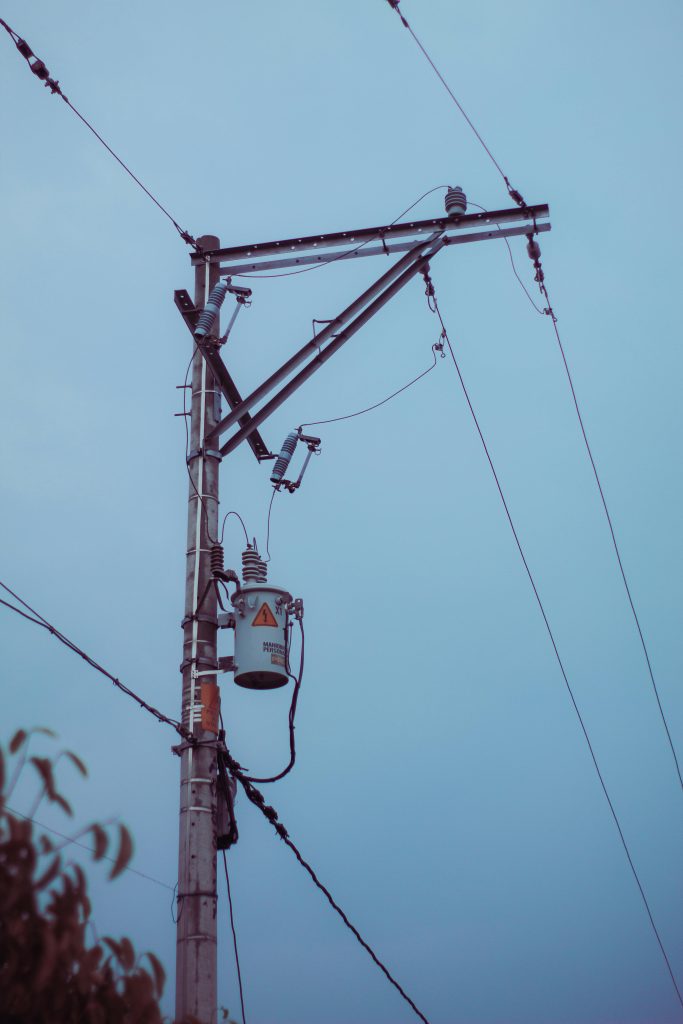
Indicators a Solar Panel Is Working
Light indicators on the inverter
Most solar panel systems are equipped with an inverter that converts the DC electricity generated by the solar panels into AC electricity for use in your home or business. Many inverters have light indicators that provide valuable information about the system’s operation. Typically, a green light on the inverter indicates that the solar panels are functioning properly and producing electricity.
Dashboard data on the monitoring system
When you have a monitoring system for your solar panel system, it often includes a user-friendly dashboard that displays important information about your system’s performance. This can include real-time energy production, historical data, and even weather conditions. Monitoring system dashboards allow you to easily monitor the functioning of your solar panels and ensure they are producing the desired amount of electricity.
Production of electricity
Apart from visual inspections and monitoring system data, one of the most obvious indicators that your solar panels are working is the production of electricity. If your home or business is successfully using solar energy to power appliances and devices, it is a strong indication that your solar panels are effectively converting sunlight into electricity. A consistent and reliable supply of energy is a positive sign that your solar panel system is operating efficiently.
Signs of a Non-Working Solar Panel
No green light on inverter
As mentioned earlier, the presence of a green light on the inverter is a positive indication of your solar panels functioning properly. Conversely, if there is no green light or if the light is red or blinking, it may suggest a problem with your solar panel system. Possible issues could include a malfunctioning inverter, a faulty connection, or an interruption in the energy flow. In such cases, it is advisable to consult a professional to diagnose and resolve the issue.
Decrease in electricity production
If you notice a significant decrease in the amount of electricity your solar panels are producing, it may indicate a problem with their efficiency. This reduction in energy output could be caused by a variety of factors, including shading from trees or nearby structures, panel degradation over time, or a malfunctioning component within the system. Monitoring system data or a comparison of historical energy production can help identify any declines in performance.
Physical damage or discoloration
Physical damage or discoloration on your solar panels can often be a sign of non-functioning or poorly functioning panels. Cracked or broken panels, water leaks, or discoloration may indicate potential issues with the integrity or efficiency of the solar panels. These damages can impact the performance of the panels and should be addressed promptly to ensure the optimal functioning of your solar panel system.
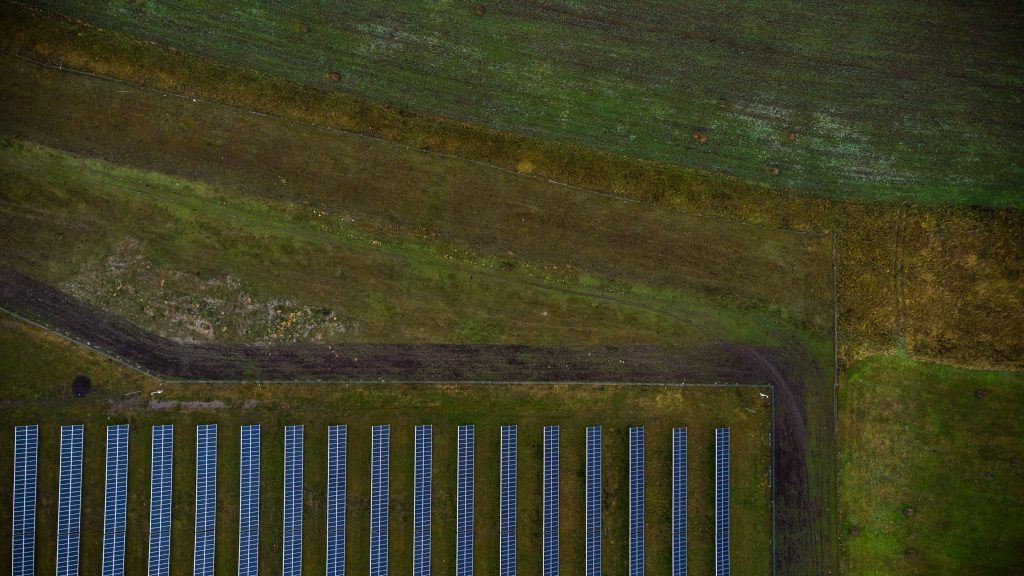
Dealing with Solar Energy Fluctuation
Understanding energy production fluctuation
It is important to recognize that solar energy production can fluctuate throughout the day and across seasons. Factors such as the angle and orientation of the panels, the intensity of sunlight, and the presence of shading can all affect the amount of energy your solar panel system generates. Fluctuations can be expected, and it is essential to understand that occasional variations in energy production are normal.
Weather impact on solar panel performance
Weather conditions can play a significant role in the performance of your solar panels. While solar panels operate even on cloudy days, their energy production can be reduced. Rain, snow, or debris accumulation on the panels can further impact their efficiency. However, it is worth noting that modern solar panels are designed to withstand various weather conditions and continue to produce electricity, albeit at a decreased rate during unfavorable weather.
Understanding Your Solar Inverter
Role of the inverter
The inverter is a critical component of your solar panel system as it is responsible for converting the DC electricity produced by the panels into AC electricity that can be used to power your home or business. Without an inverter, the energy produced by your solar panels would not be compatible with the appliances and devices that rely on AC electricity. Inverters come in various types, including string inverters, microinverters, and power optimizers, each offering different benefits and functionalities.
Reading the inverter indicators
In addition to its role in converting electricity, many inverters have indicators that provide valuable information about the functioning of your solar panels. These indicators can include lights that correspond to specific statuses or numerical displays that show energy production data. Understanding how to interpret these indicators can help you assess the performance of your solar panel system and identify any issues that may require attention.
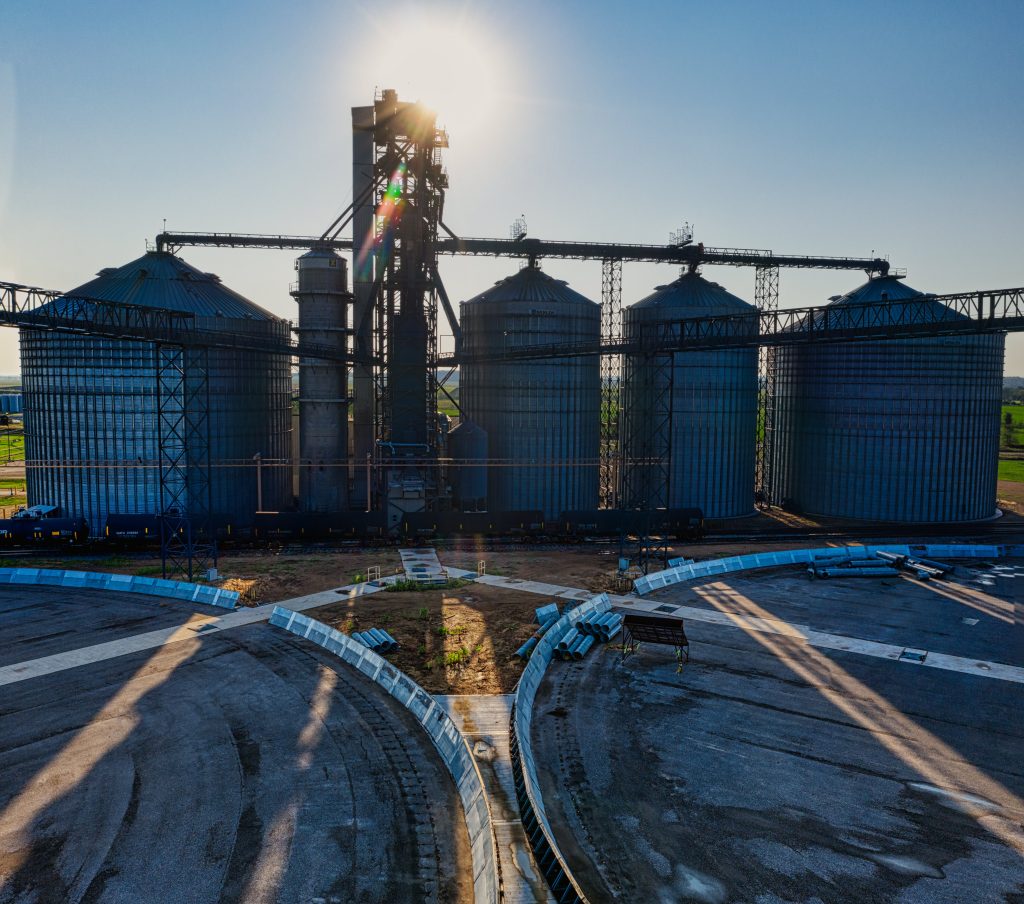
Using Monitoring Systems Effectively
The importance of a solar monitoring system
A solar monitoring system is an essential tool for ensuring the proper functioning of your solar panel system. It allows you to track the performance of your panels, monitor energy production, identify any issues or inefficiencies, and make informed decisions about optimizing your system. By providing real-time data and insights, a monitoring system empowers you to maximize the benefits of your solar panel investment.
How to access and interpret data in a monitoring system
Accessing and interpreting data from your monitoring system is usually straightforward. Most monitoring systems can be accessed through a user-friendly online portal or mobile app. Through these platforms, you can view energy production data, historical trends, and even receive alerts or notifications regarding your solar panel system. Understanding how to navigate and interpret the data provided by your monitoring system allows you to stay informed about the performance of your solar panels and take appropriate action when necessary.
DIY Solar Panel Testing
Tools needed for DIY testing
Performing your own solar panel testing can provide valuable insights into the efficiency and performance of your solar panel system. While professional help is often recommended for complex issues, there are some basic tools you can use to conduct preliminary tests. A multimeter, a tool that measures voltage, current, and resistance, can help you assess the electrical output of your solar panels. Additionally, an infrared thermometer can be used to check for any hot spots on the panels, which could indicate inefficiencies.
Steps in testing your solar panels
To test your solar panels, start by measuring the voltage and current produced by the panels using a multimeter. By comparing these measurements to the expected values provided by the manufacturer, you can determine if your panels are functioning correctly. Additionally, use an infrared thermometer to check for any areas of excessive heat, as this can indicate a damaged or underperforming panel. Performing these tests regularly can help you identify any issues with your solar panel system and address them promptly.
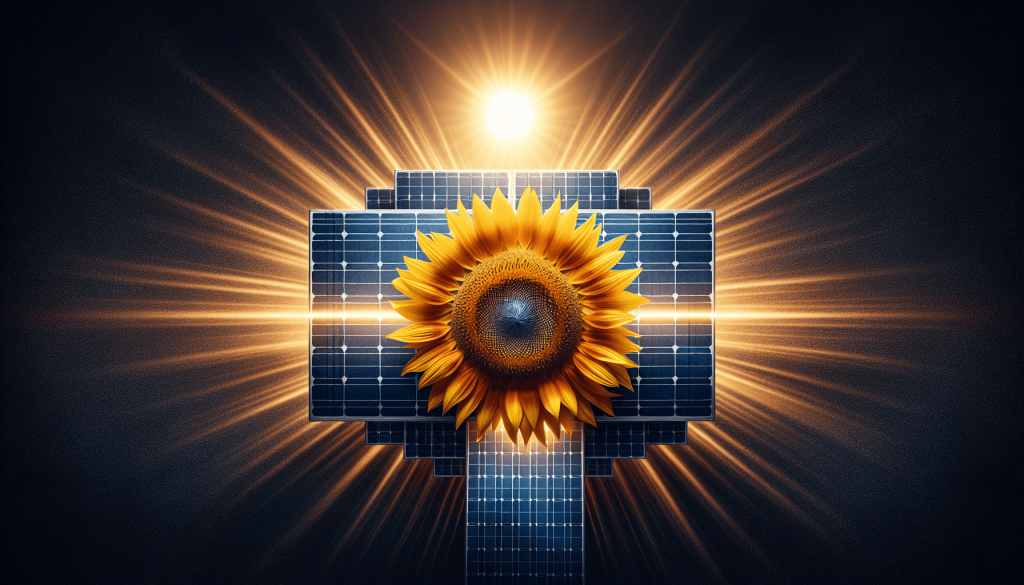
When to Consult a Professional
Issues not to handle yourself
While DIY testing can be informative, there are instances where it is crucial to consult a professional. Complex issues, such as inverter malfunctions, electrical wiring problems, or panel replacements, require the knowledge and expertise of a trained solar panel technician. For your safety and the optimal functioning of your solar panel system, it is wise to seek professional assistance when facing such challenges.
Choosing a solar panel technician
When selecting a solar panel technician, it is important to choose someone with experience and proper certifications. Look for technicians who are licensed and have a track record of successful solar panel installations and repairs. Additionally, consider reading reviews or seeking recommendations from trusted sources to ensure you find a reputable and reliable technician who can effectively diagnose and resolve any issues with your solar panel system.
Solar Panel Maintenance for Optimum Function
Routine cleaning of solar panels
Regular maintenance and cleaning of your solar panels are essential for their optimum functioning. Dust, dirt, leaves, and other debris can accumulate on the surface of the panels, reducing their ability to absorb sunlight effectively. Clean the panels gently using a non-abrasive sponge or cloth and a mild detergent diluted in water. Avoid using harsh chemicals or abrasive materials that could damage the panels. It is recommended to clean the panels at least once or twice a year, or more frequently if you live in an area with heavy pollution or dust.
Scheduling regular professional check-ups
While routine cleaning can be performed by the owner, it is beneficial to schedule regular professional check-ups for your solar panel system. A trained technician can thoroughly inspect the panels, inverters, electrical connections, and other components to ensure their proper functioning. They can also identify any potential issues and perform any necessary maintenance or repairs to keep your solar panel system in optimal condition.
Warranty and insurance considerations
When maintaining your solar panel system, it is essential to familiarize yourself with the warranty provided by the manufacturer and the coverage provided by your insurance policy. Understanding the terms and limitations of these agreements can help you address any maintenance or repair needs while minimizing out-of-pocket expenses. Keep records of any maintenance or repairs performed, as they may be required in the event of a warranty claim or insurance coverage request.
In conclusion, understanding how to assess the efficiency and functionality of your solar panel system is crucial for maximizing its benefits. Through visual inspections, monitoring system data, and professional inspections, you can identify signs of a working or non-working solar panel. Understanding the role of the inverter, effectively utilizing monitoring systems, and performing DIY testing can provide further insights into the performance of your solar panels. However, for more complex issues, it is crucial to consult a professional technician. By incorporating regular maintenance, cleaning, and considering warranty and insurance considerations, you can ensure your solar panel system operates optimally and continues to provide clean and sustainable energy for years to come.


